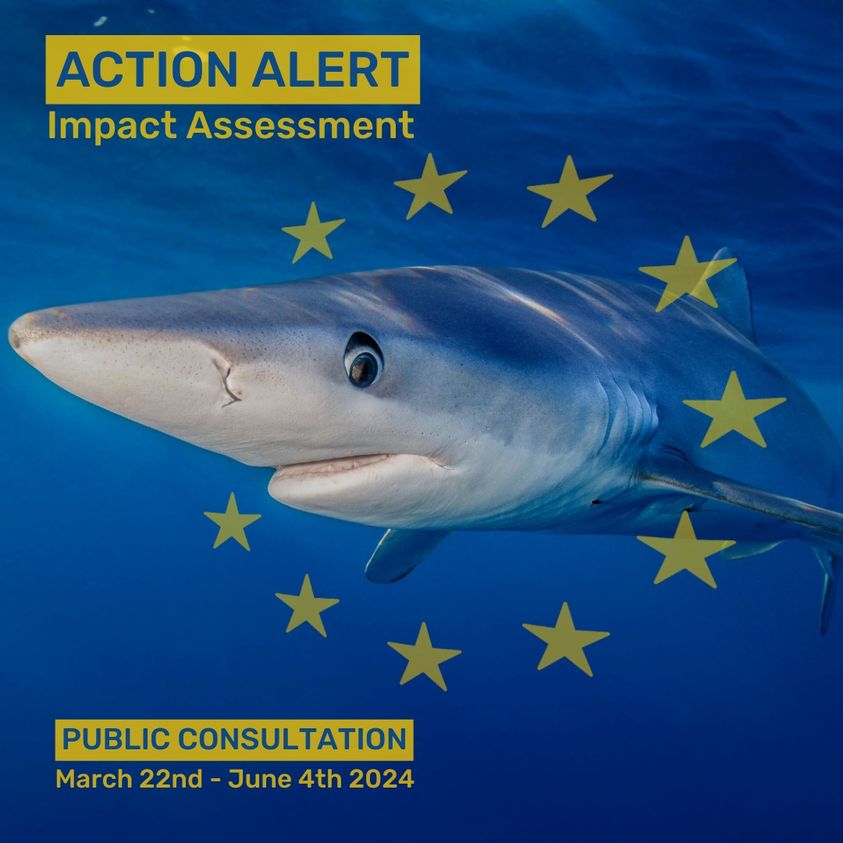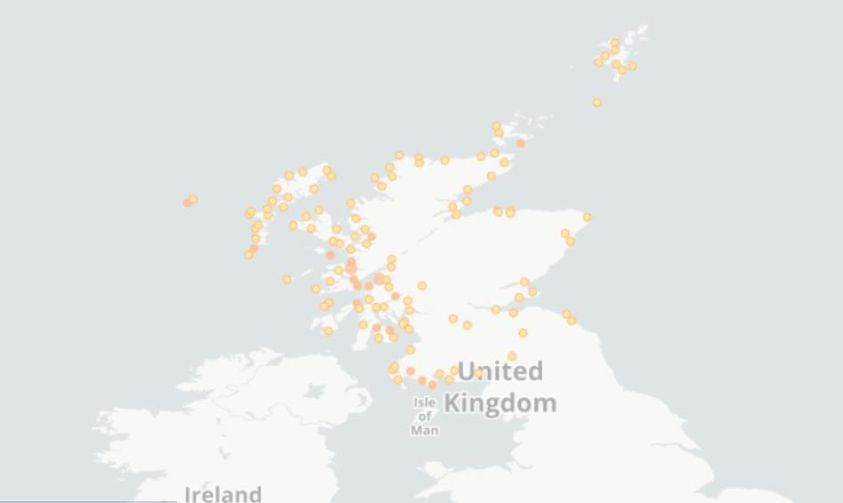|
forward movement for the #StopFinEU campaign to end the fin trade in Europe! And this time ANYONE can take action for sharks. All you need is 5 minutes to make a massive impact, here's how...
At this stage the European Commission is accepting public comments via their official questionnaire. This is your opportunity to participate, deadline is June 4th 2024. The questions are focused on policy options. These are loaded questions, so be very careful and read the details below before you begin. This is completely about your opinion, any suggestions we make below are simply that, suggestions. Click the links below if you want to see how Shark Allies answered. To participate, go to this link and create a log in. Here are some overall points that might help you understand and navigate the process: For each question you have six option ranging from VERY POSITIVE to VERY NEGATIVE and NO OPINION. Be aware that the Commission will most likely just tally the results automatically and not carefully consider subtleties you want to express. It’s probably best to be very obvious in your selection. NEUTRAL is a better choice than NO OPINION to show that there is most likely no impact, or there will be negative and positive changes that will balance out. When you read the proposed policy options (#2-7) please keep in mind that they are not asking whether these are good practices to pursue in general (most of them are), but whether this is the one policy solution they should chose (instead of a fin trade ban). So your answers should reflect whether that particular policy option will bring the effect you desire. If you are in favor of a fin trade ban, then policy options #2-5 are completely undesirable, since they would not create any effective change. At best they would be NEUTRAL. Therefore, the environmental impacts would be VERY NEGATIVE (because very little would change and systems keep degrading) and most of the social and economic impacts would be NEUTRAL, because they wouldn’t change much from what they are now (with the exception being tourism and human health). You will see why, as you read on. For guidance on the questionaire in multiple languages, you can follow along at the link below: https://sharkallies.org/eu-action Scotland's coastal waters are teeming with elasmobranchs, including sharks and rays! From the majestic Basking Shark to the mysterious Common Skate, these marine wonders play a vital role in our ecosystem.
Have you ever spotted one during your seaside adventures? Share your elasmobranch encounters (https://www.inaturalist.org/projects/sharks-in-scotland) or tag a friend who loves marine life! Let's celebrate the diverse and fascinating world beneath the waves. #Elasmobranchs #ScotlandMarineLife #OceanWonders #BiodiversityDiscovery |
IntroFrom conservation initiatives to groundbreaking research, our blog is your portal to the awe-inspiring world of wildlife conservation. Archives
July 2024
Categories
All
|
CompanyMerman Conservation Expeditions LTD
Company Number SC787239
|
ContactEmail: [email protected]
Telephone: +44 (0) 7475353130 (UK) +30 6945927483 (Greece) Working Hours: M-F: 10am - 18pm (London Time) |
|
Copyright © 2023 Merman Conservation Expeditions Ltd. All rights reserved.
|


 RSS Feed
RSS Feed